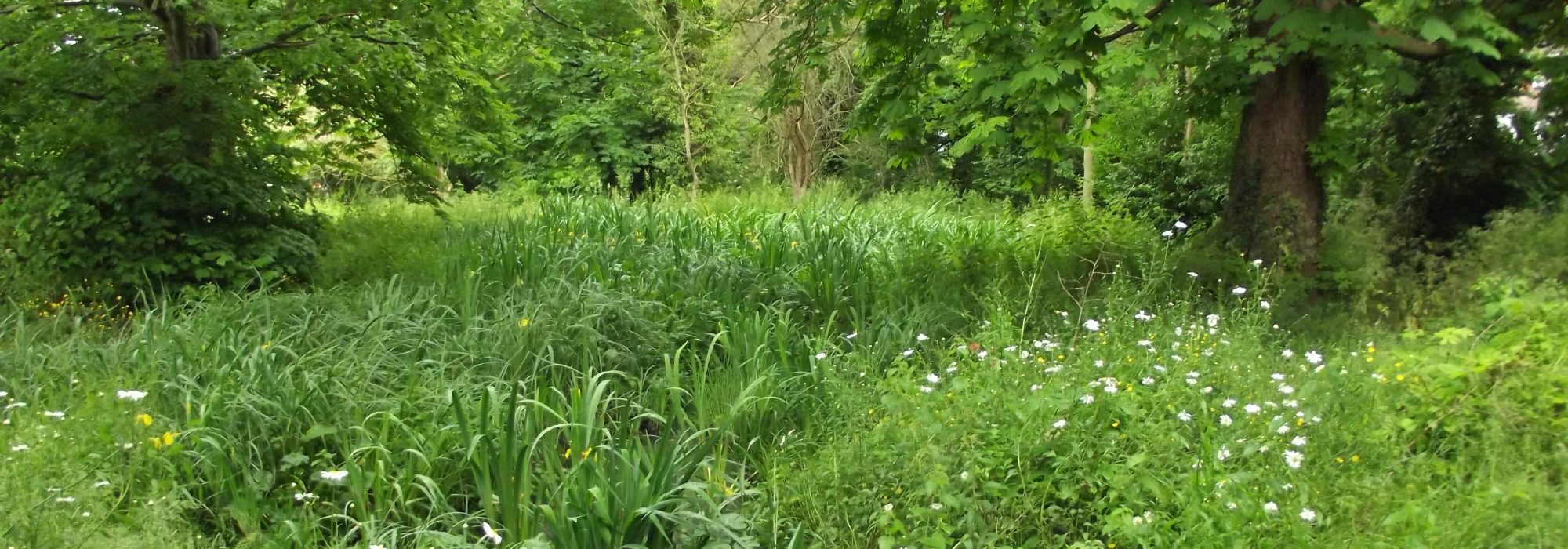Why are wetlands so important?

By Joanna Barton – Assistant River Cray Project Officer at Thames21
As an island nation with a wealth of rivers, canals and streams snaking through our land, it comes as no surprise that wetlands are a critical part of our natural environment.
Wetlands, which are recognised as areas where water saturates and periodically inundates the land such as marshes or swamps, provide:
For wildlife:
– A home for plants and wildlife, including endangered species
– A lifeline to migratory species, including many species of birds
– Directly improve other ecosystems
– Absorb pollutants and improve water quality
For people:
– They protect our shores from erosion
– Reduce impacts of floods by absorbing heavy rain and releasing water gradually
– Provide spaces for recreation and connection with nature
– Improve physical and mental wellbeing
Yet despite the undeniable value of wetlands, they are under threat.
According to the Wildfowl and Wetlands Trust, up to 90% of UK wetlands have disappeared since the industrial revolution and globally it is estimated half of inland wetlands have been lost in the last century.
So what can be done to save UK wetlands?
There are a number of efforts around the country from different organisations to conserve and preserve wetlands and here at Thames21 we are working to improve and create a number of urban wetlands around London.
As a newbie at Thames21, it’s a real privilege to be focusing on enhancing the Thames Road Wetland in Bexley. I’ve been overseeing the implementation of a Sustainable Drainage System that is designed to reduce instances of pollutants from the surrounding roads reaching this amazing site. To help put this system in place, we’ve worked closely with student volunteers from Haberdasher’s Aske’s Crayford Academy who have helped remove invasive reed mace to improve habitats for water voles and rare wetland plants found only in a couple of other locations in London.
What they have built protects the wetland from contaminated water and protects water vole habitats so that fluffy little guys like these water voles, captured on camera in December 2015, can thrive.
What can you do?
World Wetlands Day is on February 2 and we encourage you to find out more about this awareness day which was launched following the Convention on Wetlands in Iran in 1971.
Why not get involved at your local wetland and tweet us @Thames21 using #WorldWetlandsDay to tell us why you love your local wetland?
You can also join us to learn more about these wonderful habitats and reconnect with nature at these two dedicated Thames21 events:
– River and Wetland Walk at Dorney Wetlands, Jubilee River, Lake End Road on 2nd February 2016 from 10.30am-12.30pm. Confirm your place by calling Thames21’s Luke on 07824491166.
– Walk around Sutcliffe Park SE9 5LW (starting at Eltham Road entrance playground) on 6 February 2016 from 11am – 12pm to learn how this restored wetland now acts as a flood defence.
